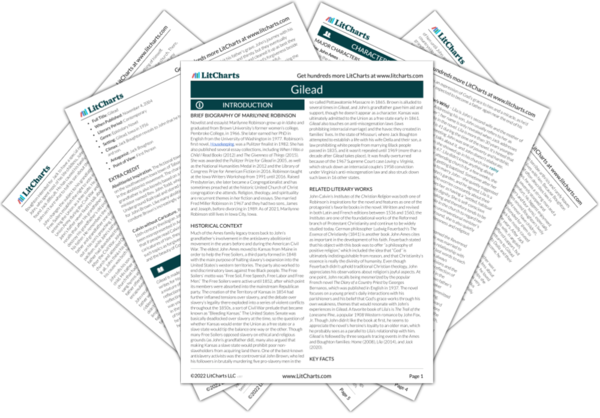John wants to make it abundantly clear to his congregation, and to his son reading this, that God never approves of those who inflict suffering, especially on children. In fact, the Bible is emphatic that anyone who hurts children deserves a horrible fate. At the same time, he tries to show that even though we can’t understand the reason behind suffering or its meaning, people should trust that God cares for vulnerable sufferers.
